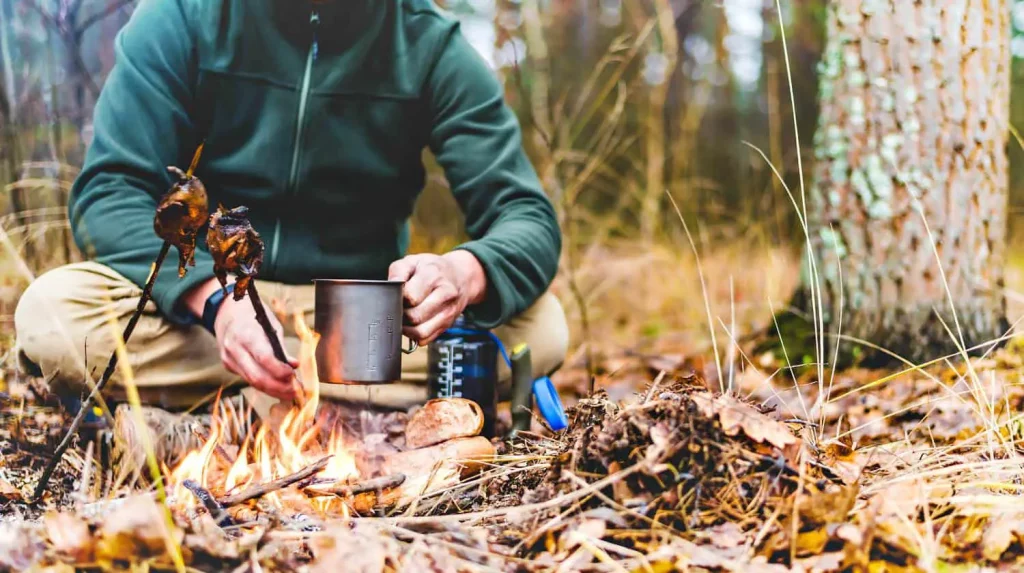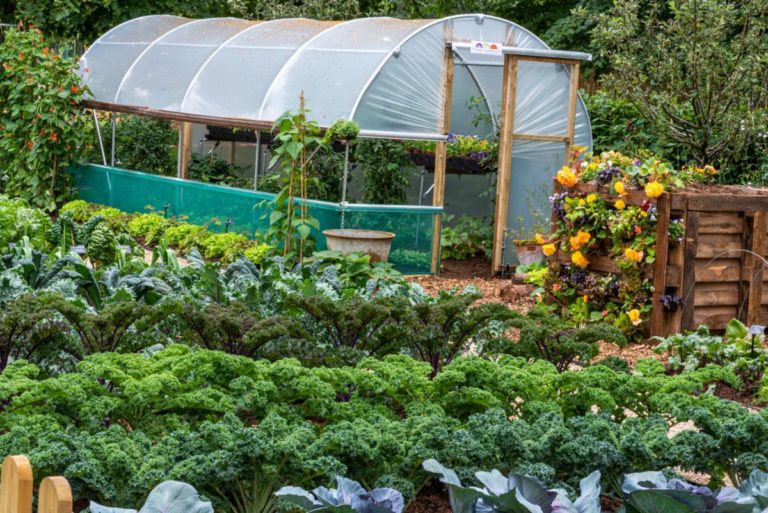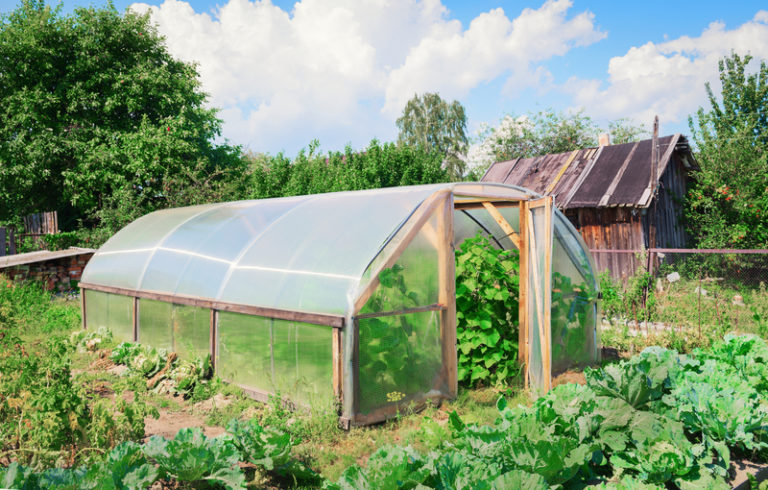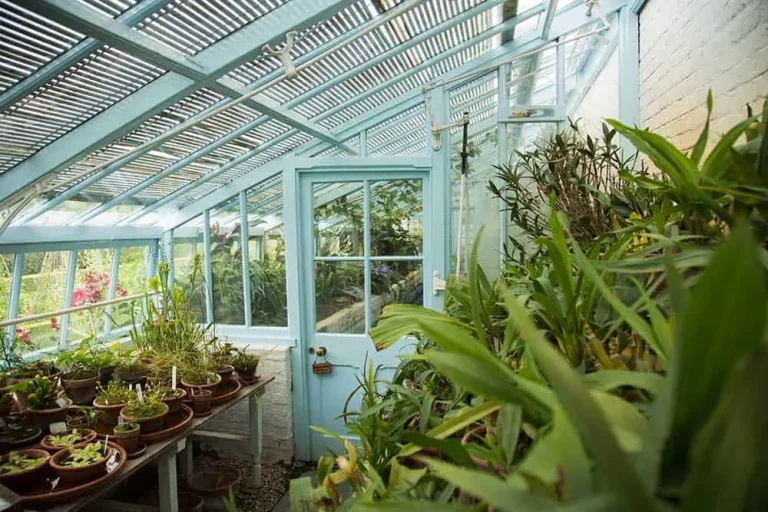Living off the grid can be a rewarding and fulfilling lifestyle, but it requires a set of essential skills to make it successful.
From growing your own food to generating your own energy, living off the grid demands a unique combination of knowledge, practical know-how, and resourcefulness.
We’ll explore the top essential skills you need to thrive in an off-grid lifestyle, from gardening and farming to renewable energy and DIY projects.
Whether you’re just starting out or looking to take your off-grid living to the next level, these skills will help you navigate the challenges and reap the benefits of a self-sufficient lifestyle.
So let’s dive in and start exploring the essential skills for living off the grid!
Renewable Energy Systems
Understanding and being able to install and maintain renewable energy systems such as solar, wind, and hydroelectric power is important for living off the grid.
Solar, wind, and hydroelectric power are the most common forms of renewable energy used in off-grid homesteads.
Solar energy systems, including photovoltaic (PV) panels and solar water heaters, can provide a significant portion of a homestead’s energy needs, especially during the summer months.
Wind turbines, on the other hand, are more effective during the winter months when the air is colder and more dense.
Hydroelectric power systems, such as micro-hydro turbines, can be used to generate electricity from streams or rivers on the homestead.
To install and maintain these systems effectively, it is essential to have a good understanding of the components and how they work together.
This includes understanding the importance of charge controllers, inverters, and batteries in storing and distributing power.
Regular maintenance, such as cleaning the PV panels and inspecting the wind turbine blades, is also important to ensuring the systems operate at their maximum efficiency.
Proper installation and maintenance can help ensure a reliable and consistent source of renewable energy for the homestead, allowing for a more sustainable and self-sufficient lifestyle.
Water Collection and Filtration
Knowing how to collect and purify water from various sources such as rainwater, streams, and lakes is important for a sustainable living.
Water Collection and Filtration
One of the most important aspects of sustainable living on an off-grid homestead is having access to clean, potable water.
In order to ensure a reliable supply of water, it’s important to know how to collect and purify water from various sources such as rainwater, streams, and lakes.
Rainwater harvesting systems, for example, can be installed to collect and store rainwater that can be used for irrigation, toilet flushing, and other non-potable uses.
These systems typically involve the installation of a collection surface, such as a roof or a ground-based collector, and a storage tank.
Water filtration devices, such as ceramic or carbon filters, can also be used to remove impurities and contaminants from water collected from streams and lakes.
Off-grid homesteaders can consider using natural water collection methods such as dug wells and springs, which can provide a reliable source of clean water.
In order to ensure the long-term sustainability of your water collection and filtration systems, it’s important to properly maintain and monitor them.
This may include regularly cleaning and replacing filters, inspecting collection surfaces and storage tanks for leaks and damage, and regularly testing the water for quality and purity.
By implementing these water collection and filtration methods, off-grid homesteaders can ensure a reliable supply of clean, potable water for their households and farms.
Gardening and Food Preservation
Growing your own food is a vital skill for living off the grid, as well as preserving food through canning, dehydrating, or pickling to ensure a steady food supply.
Gardening and food preservation are important skills for living off the grid, as they provide a reliable source of fresh, nutritious food while reducing your reliance on grocery stores and transportation infrastructure.
By growing your own fruits, vegetables, and herbs, you can enjoy a diverse and healthy diet while saving money and supporting your local ecosystem.
In addition, preserving food through canning, dehydrating, or pickling ensures a steady food supply throughout the year, even during seasons when certain crops may not be in season.
This can be done through a variety of methods, such as using a pressure canner for meats and high-acid vegetables, or a water bath canner for low-acid vegetables and fruits.
Dehydrating is another effective method for preserving fruits and vegetables, and can be done using a food dehydrator or even a simple oven on a low heat setting.
Pickling is another popular method for preserving vegetables, and can be done using a variety of seasonings and spices to add flavor.
Living off the grid not only requires a strong foundation in self-sufficiency, but also an understanding of how to prepare and store food for long-term use.
By incorporating gardening and food preservation into your off-grid lifestyle, you can ensure a sustainable and healthy diet while reducing your reliance on outside resources.
Whether you’re just starting out or have been living off the grid for years, mastering gardening and food preservation is a key component of living a self-sufficient and fulfilling lifestyle.
Building and Repair
Being able to build and repair your own home, as well as any necessary outbuildings such as barns or chicken coops, is important for living off the grid.
Living off the grid requires a high degree of self-sufficiency, and nowhere is this more important than in the realm of building and repair.
When you’re living off the grid, you won’t have access to the conveniences of modern society, such as a ready supply of lumber and hardware store.
This means that you’ll need to be able to build and repair your own home, as well as any necessary outbuildings such as barns or chicken coops, using the materials you have on hand.
This can include salvaged materials, reclaimed lumber, and locally-sourced natural materials like straw bales or mud.
To be successful at building and repairing your own home and outbuildings, you’ll need to have a solid understanding of basic carpentry and construction techniques, as well as a good understanding of the properties of the materials you’re working with.
This can include knowledge of how to mix and apply mud plaster, how to thatch and daub walls, and how to build with reclaimed lumber.
In addition to these practical skills, it’s also important to have a good understanding of the legal and regulatory considerations of living off the grid.
For example, you’ll need to know how to obtain the necessary permits and approvals for your off-grid homestead, and how to ensure that your building and repair methods are safe and compliant with local building codes.
Overall, building and repairing your own home and outbuildings is an essential aspect of living off the grid.
With the right skills and knowledge, you can create a thriving, self-sufficient homestead that provides all the necessities of life, without relying on the grid.
First Aid and Emergency Preparedness
Knowing how to respond to medical emergencies and natural disasters is essential for living off the grid, where access to medical care and emergency services may be limited.
Living off the grid can be an immersive and rewarding experience, but it also comes with unique challenges, particularly when it comes to medical emergencies and natural disasters.
As an off-grid homesteader, it is essential to be prepared for any situation that may arise, as access to medical care and emergency services may be limited.
This is where first aid and emergency preparedness come into play.
First aid training is important for anyone living off the grid, as it can help you respond to medical emergencies such as injuries, allergic reactions, and illnesses.
Knowing how to administer basic first aid techniques, such as CPR, the Heimlich maneuver, and wound care, can be the difference between life and death in a remote off-grid setting.
Having a well-stocked first aid kit on hand can help you respond to minor emergencies until professional help can be reached.
Emergency preparedness is also critical for off-grid homesteaders.
This includes having a plan in place for natural disasters such as floods, fires, and earthquakes, as well as having a supply of non-perishable food and water, a means of communication, and a safe and secure shelter.
Being prepared for these types of events can help minimize harm and ensure the well-being of those on the homestead.
First aid and emergency preparedness are essential skills for living off the grid.
By being trained in basic first aid techniques and having a plan in place for natural disasters, off-grid homesteaders can be better prepared to respond to medical emergencies and natural disasters, ensuring their safety and well-being.
Wilderness Navigation and Survival Skills
Being able to navigate and survive in the wilderness is a important skill for living off the grid, as it can be challenging to access medical care or other support services in remote areas.
Living off the grid can be a challenging but rewarding experience, and one of the most critical skills for success is the ability to navigate and survive in the wilderness.
When living off the grid, access to medical care and other support services may be limited or non-existent, making self-reliance and basic survival skills essential.
Wilderness navigation and survival skills can help you find your way in the woods, identify edible plants and animals, purify water, and build shelter.
These skills can mean the difference between life and death in remote areas, where access to medical care or other support services may be limited or non-existent.
Off-grid homesteaders can benefit from learning wilderness navigation and survival skills to increase their self-sufficiency and resilience.
Knowing how to navigate using a compass, map, and GPS can help you find your way in the woods, even if you get lost.
Knowing how to identify edible plants and animals can provide you with a sustainable food source, while knowledge of water purification methods can ensure that you have access to safe drinking water.
Survival skills such as building a shelter, starting a fire, and using a first aid kit can also be lifesavers in an emergency situation.
Moreover, wilderness navigation and survival skills can also be useful in everyday life, even for those who do not live off the grid.
For example, knowing how to start a fire can be a useful skill for camping or backpacking trips, while knowing how to purify water can be useful during natural disasters or power outages.
Overall, learning wilderness navigation and survival skills can increase your self-reliance, resilience, and confidence in your ability to handle unexpected challenges.
Sustainable Living Practices
Understanding and implementing sustainable living practices such as composting, recycling, and reducing waste is important for minimizing your impact on the environment and maximizing your self-sufficiency.
Sustainable living practices are important for off-grid homesteading, as they not only minimize our impact on the environment, but also maximize our self-sufficiency.
By understanding and implementing sustainable living practices such as composting, recycling, and reducing waste, we can create a closed-loop system that is self-reliant and regenerative.
Composting, for example, can transform food scraps and yard waste into nutrient-rich soil amendments, reducing the need for external fertilizers and improving soil health.
Similarly, recycling and reducing waste can reduce the amount of materials sent to landfills and minimize the resources needed to produce new products.
By adopting sustainable living practices, off-grid homesteaders can not only reduce their environmental footprint but also cultivate a more self-sufficient and resilient lifestyle.
Some specific sustainable living practices that are well-suited for off-grid homesteading include
* Composting: transforming food scraps and yard waste into nutrient-rich soil amendments
* Rainwater harvesting: collecting and storing rainwater for irrigation and other non-potable uses
* Grey water reuse: using greywater (wastewater from sinks, showers, and washing machines) to irrigate plants and flush toilets
* Permaculture: a holistic approach to designing sustainable agricultural systems that mimic nature
* Renewable energy: using solar, wind, or other renewable energy sources to power homes and operations
* Building with natural and recycled materials: using materials like straw bales, rammed earth, or recycled materials to build durable and energy-efficient homes
* Preserving and storing food: using techniques like canning, dehydrating, or freezing to preserve the harvest from your garden or farm
* Living within your means: being mindful of your consumption and waste, and striving to use only what you need to maintain a simple, sustainable lifestyle
Overall, by adopting these sustainable living practices, off-grid homesteaders can not only reduce their environmental impact but also improve their self-sufficiency and quality of life.]]
Off-grid homesteading is an attractive and rewarding lifestyle choice for those who want to live in harmony with nature and reduce their environmental footprint.
One of the key elements of this lifestyle is adopting sustainable living practices that not only minimize waste and consumption but also cultivate a more self-sufficient and fulfilling life.
Off-grid homesteaders can implement sustainable living practices such as composting, recycling, and reducing waste to minimize their reliance on materials like straw bales, rammed earth, or recycled materials for building durable and energy-efficient homes.
By reducing waste and using materials efficiently, off-grid homesteaders can create a more sustainable and eco-friendly living space.
In addition, preserving and storing food through techniques like canning, dehydrating, or freezing allows off-grid homesteaders to enjoy the bounty of their garden or farm throughout the year.
By living within their means and striving to use only what they need, off-grid homesteaders can adopt a simple, sustainable lifestyle that is not only environmentally friendly but also fosters a sense of community and connection to the natural world.
Ultimately, embracing sustainable living practices can help off-grid homesteaders to achieve greater self-sufficiency and fulfillment by providing them with a way to live in harmony with nature, while also building a more sustainable and eco-friendly world.
Self-Sufficiency and Resilience
Living off the grid requires a high level of self-sufficiency and resilience, as well as the ability to adapt to unexpected challenges and changes in your environment and circumstances.
Living off the grid demands a high degree of self-sufficiency and resilience.
As an off-grid homesteader, you must be able to produce your own food, collect and store your own water, and generate your own energy.
This requires a certain level of resourcefulness and the ability to problem-solve, as you may encounter unexpected challenges such as crop failures, power outages, or water shortages.
To thrive in this environment, you must be able to adapt quickly to changing circumstances and find creative solutions to any challenges that arise.
This may involve learning new skills, such as preserving food through canning or dehydrating, or identifying alternative sources of energy such as solar or wind power.
By developing these skills and traits, you will be better equipped to handle the challenges of living off the grid and maintain a self-sufficient and resilient lifestyle.
Want More? Dive Deeper Here!
Hey there! If you’re the type who loves going down the rabbit hole of information (like we do), you’re in the right spot. We’ve pulled together some cool reads and resources that dive a bit deeper into the stuff we chat about on our site. Whether you’re just killing time or super into the topic, these picks might just be what you’re looking for. Happy reading!






